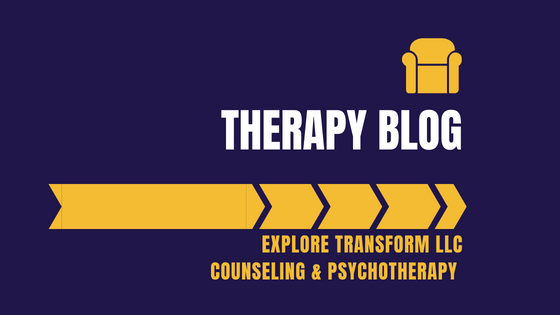Due to the COVID-19 health crisis, we are only offering sessions online.
Our address is 143 E Ridgewood Ave, #1484, Ridgewood, NJ 07450
Telephone: +1-201-779-6917
Lead clinician: Chris Warren-Dickins LLB MA LPC
EXPLORE TRANSFORM LLC
Our address is 143 E Ridgewood Ave, #1484, Ridgewood, NJ 07450
Telephone: +1-201-779-6917
Lead clinician: Chris Warren-Dickins LLB MA LPC
EXPLORE TRANSFORM LLC
© COPYRIGHT 2024 CHRIS WARREN-DICKINS. ALL RIGHTS RESERVED. NJ LICENCE # 37PC00618700


 RSS Feed
RSS Feed
